The demonstrations we see in cities and towns across our nation are, in part, a consequence of America's unwillingness to engage in a constructive dialogue on the legacies of race-based slavery and inequality. Slavery and racial oppression have deep roots in our society, both preceded the existence of the United States, and were not overthrown in our revolutionary birth. Even when free, Black Americans were rarely accorded the rights of citizens in our founding era, and full equal treatment remains elusive.
We are still struggling to live up to the promises of our founding creed. We fought a revolution, declared "all men to be created equal," yet allowed slavery to continue.
This is our imperfect union. Our “great experiment.” Ours is a republic that requires citizen oversight. It demands that we stand up, share ideas, and be heard. It requires our citizens to be students of history, to recognize the mistakes and inequalities of the past, to keep an open mind to new ideas, and to listen to each other. It asks citizens to vote to shape their future.
Mount Vernon stands against racism. We recognize George and Martha Washington held men, women, and children in bondage. Mount Vernon stands with all who wish to help make our imperfect union, a bit more perfect. We seek to educate people about the past so they can reflect on these histories and create a better world for tomorrow. We do so by preserving the stories of those who called our estate home, not only our nation's founding father, who helped launch our flawed but powerful democratic experiment but those who served him in bondage and made his achievements possible. Washington’s life, and the lives of the people he enslaved, are forever intertwined with our past and our future together.
We encourage you to explore the lives of those who have come before us; people like Doll, Frank Lee, Hercules, and Ona Judge. Use their stories of hardship, resistance, punishment, and community to understand our nation's inequalities. Remember and tell their stories while you explore the lives and ideas of people like George Washington and other founders. Then take these lessons to your communities, share with others, and use them to contribute to our nation's long-deferred dialogue.
Mount Vernon stands in solidarity with those confronting racism and racial injustice and will continue to contribute to this important national dialogue. We invite others to join us by sharing their own thoughts.
Listen to Their Stories
Learn about the lives of individuals enslaved at Mount Vernon, their struggles, their hardships, their resistance, their punishment, and how they persevered.
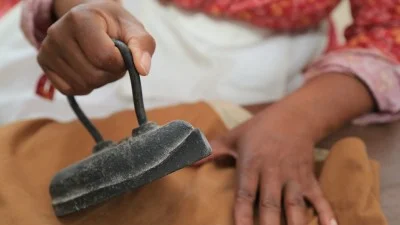
Life Under Slavery
The men, women, and children enslaved on George Washington’s estate had little control over their lives. Their unpaid labor in Mount Vernon’s fields, workshops, and Mansion kept the estate running and supported the Washingtons’ elite lifestyle. As they faced lives in bondage, Mount Vernon’s enslaved people showed strength and resilience. They formed families, created tight-knit communities, found ways to earn money, acquired personal possessions, and resisted the bonds of slavery.

Resistance and Punishment
The enslaved community at Mount Vernon found many ways to resist bondage and challenge George Washington’s authority. Resistance ranged from subtle behavior to more visible actions.

Labor
The majority of the enslaved community at Mount Vernon performed agricultural work. Within the Mansion, the Washingtons relied on enslaved butlers, cooks, waiters, and housemaids. There were also dozens of enslaved men and women trained in specific trades including blacksmiths, gardeners, and seamstresses.
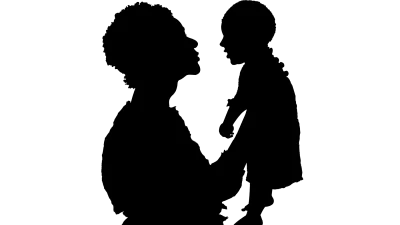
Biographies
At the time of George Washington’s death, there were 317 people enslaved at Mount Vernon. Explore the lives of some of these people including Caroline Branham, Giles, Christopher Sheels, and Kate.
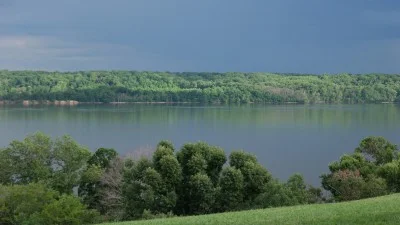
From Slavery to Freedom
After their manumission in 1801, many people formerly enslaved at Mount Vernon settled in free black communities nearby. In the following decades, they purchased land, planted crops, started businesses, formed churches, founded schools, created civic organizations, and helped freed and runaway slaves. Even as they celebrated freedom, formerly enslaved people faced great challenges. African Americans encountered racism and discrimination in Virginia, as laws restricted the rights of free blacks in the state.
Slavery in the United States
Explore a timeline of legal and social events that impacted individuals, enslaved and free, from the founding of the nation to the Civil War.
Learn About the Nation's Founding
The United States Constitution and Bill of Rights established a system that created inequality for many. The Founders did not get everything right. Part of the system they created requires citizen participation, without it our checks and balances do not work.
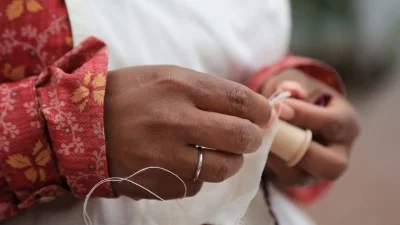
Digital Encyclopedia
Over the course of George Washington’s life, at least 577 enslaved people lived and worked at Mount Vernon. The story of slavery at Mount Vernon is complex and painful. But it is also a story of strength, humanity, and hope. Within the Digital Encyclopedia you can also explore a wide range of subjects related to the colonial and founding eras.
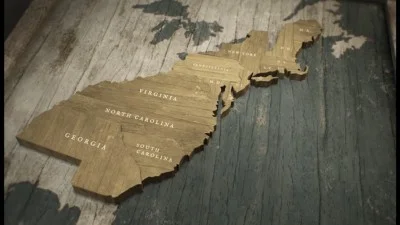
A More Perfect Union
There were many challenges, including slavery, facing the founding fathers as they created the United States Constitution. Born of compromise, this founding document laid the foundation for our nation.
Reflect
Our nation's past is filled with complex challenges and imperfect decisions. But there have also been moments of great change. Consider your thoughts on these important issues, share them with others. Conduct a civilized debate where all may speak and all are heard.